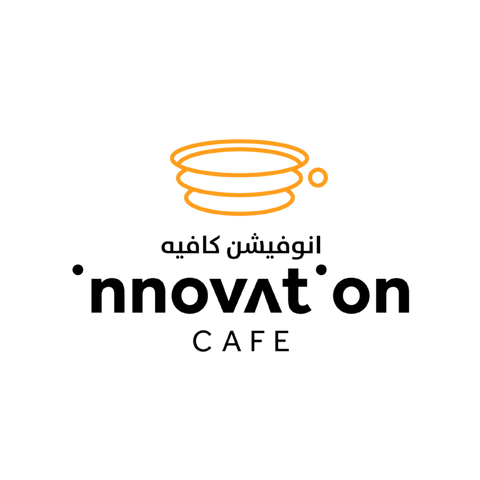
- بواسطة Innovation Cafe
What Startups Can Learn from Spotify’s Growth Strategies
- بواسطة Innovation Cafe
Spotify’s growth story continues to be one of the most inspiring in the tech world. With over 500 million users worldwide, the music streaming giant has demonstrated how to scale effectively in a highly competitive market. Startups, whether in tech, SaaS, or other industries, can take away key lessons from Spotify’s approach to customer acquisition, retention, and long-term growth. Here’s a breakdown of what startups can learn from the company's strategy.
One of Spotify’s most effective tools for retaining users is its strategic use of psychology. The platform taps into loss aversion in its cancellation flow—a principle that suggests people feel the pain of losing something more than the pleasure of gaining something. When users attempt to cancel their subscription, Spotify highlights the features they’ll miss, like exclusive playlists and high-quality audio, creating a sense of loss that often leads users to reconsider their decision.
Additionally, Spotify employs the Peak-End Rule by strategically placing emotional cues towards the end of the cancellation process. This principle states that people judge experiences primarily based on how they felt at its peak and at the end, rather than the overall experience. For startups, applying these psychological tactics can be as simple as reminding customers of what they’ll lose by leaving, and crafting exit processes that leave a lasting emotional impact.
Spotify’s freemium model has been one of its most effective growth engines, offering users a free version with ads, while nudging them to upgrade to a paid premium subscription with better features like ad-free listening and offline downloads. This model allows users to experience the product’s value without financial commitment, which is particularly attractive to hesitant customers.
For startups, especially those in SaaS, a similar strategy can help lower the barrier to entry and rapidly expand the user base. By offering a basic version of your product for free, and then highlighting the added value of premium features, you can attract more users and convert a percentage of them into paying customers over time.
Spotify excels at personalization. Through advanced algorithms that analyze user preferences, listening habits, and behaviors, the platform creates tailored playlists like “Discover Weekly” and “Release Radar,” which keep users engaged and coming back for more. This personalized experience fosters a sense of attachment to the platform.
Startups can benefit from incorporating similar data-driven personalization in their products. Whether it’s through personalized onboarding experiences or custom content recommendations, tailoring the user experience based on individual behaviors will deepen engagement and increase retention.
Snoonu also uses consumer data to predict user behavior and provide tailored offers based on order history, helping them engage better with their audience
Spotify’s growth is underpinned by a strong commitment to data-driven decision-making. The company continually refines its product and marketing strategies based on user behavior, trends, and analytics. This allows Spotify to adjust quickly, address pain points, and optimize features to suit user preferences.
Startups should adopt a similar mindset. By regularly analyzing key metrics like user engagement, churn rates, and conversion rates, startups can refine their offerings and adjust marketing efforts accordingly. Data not only helps identify areas of improvement but also provides insight into what’s working, allowing for continuous growth.
Spotify’s international expansion and its focus on catering to local tastes demonstrate the importance of achieving product-market fit in diverse regions. The company adapts its content offerings to appeal to users in specific markets, whether through local music playlists or exclusive podcast deals.
Startups, too, should be laser-focused on understanding their target audience and ensuring their product meets customer needs. Once product-market fit is achieved, startups can explore new markets and opportunities for expansion by tailoring their offerings to local preferences and needs.
For Qatari fintech companies like Skipcash, CWallet, Dibsy, understanding the local market has been key. By localizing services and ensuring compliance with Qatari regulations, they’ve been able to build trust, a key factor in their growth amidst competition from global giants. Conclusion
In conclusion, Spotify's growth strategies—leveraging psychology, freemium models, personalization, data-driven decisions, and strong product-market fit—offer valuable lessons for startups globally. Qatari startups like Snoonu are already adopting similar tactics, from using personalized data to enhance user engagement to expanding services through deep market understanding. These approaches are helping local companies thrive in competitive sectors, ensuring they remain agile and relevant as they grow within Qatar and beyond.

Share:
Qatar's Fintech Hub: A Strategic Move Toward Digital Innovation
Qatar Digital Academy Launches 15 Arabic AI Courses for Government Employees